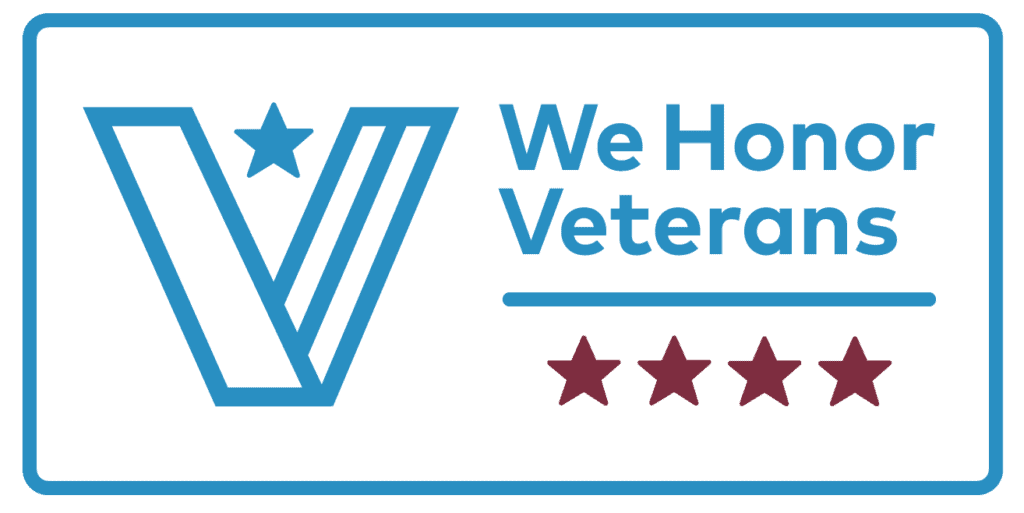National Immunization Awareness Month
August is National Immunization Awareness Month (NIAM). This annual event is an important reminder that vaccination is one of the safest and most effective strategies for preventing transmissible diseases. Each year, millions of people of all ages benefit from receiving vaccines.
Older adults are particularly susceptible to certain vaccine-preventable illnesses and are at higher risk of serious compilations from illnesses, such as the flu. Getting vaccinated as an adult can reduce the risk of health issues related to vaccine-preventable conditions.

Vaccines for Adults
There are more than 55 million people over the age of 65 in the United States. Older adults are often more medically vulnerable than younger people. Illnesses such as pneumonia or influenza can lead to serious complications, resulting in hospitalization, prolonged illness, or death.
To protect the health of older adults, the Centers for Disease Control and Prevention (CDC) recommends vaccines to protect older adults from illnesses that could seriously damage their health.
- COVID-19: Public health experts recommend the COVID-19 vaccination for everyone six months of age or older. Dosing for the COVID-19 vaccine depends on prior doses and which type of vaccine was administered. Adults over 65 may be eligible for additional boosters if they have completed the original recommended doses.
- Influenza (flu): Influenza is a respiratory virus that can lead to significant illness in older adults. The flu strain differs yearly, so the CDC recommends annual flu shots for people of all ages. Adults over 65 may be eligible for higher-dose vaccines developed to provoke a stronger immune reaction. These vaccines are more effective than regular flu shots for people over 65. Healthcare workers and people who work with medically fragile individuals should also receive flu shots.
- Shingles: Shingles is a painful, viral illness that can appear in people who were infected with chickenpox as children. The virus that causes chickenpox stays in the body in a dormant state for many years. If it becomes active again, it results in shingles. Shingles causes painful skin lesions, and it can be passed to people who are not immune to the virus. Adults over 50 are eligible to get the shingles vaccines.
- Pneumococcal Vaccine: Pneumococcal disease is an airborne illness that can lead to pneumonia. Several types of vaccines prevent pneumococcal disease. The CDC recommends pneumococcal vaccine for adults over 65 who were not previously vaccinated for pneumococcal disease. The exact vaccine recommendations vary based on prior history of pneumococcal vaccination.
- TDaP Boosters: The combination vaccine that prevents tetanus, diphtheria, and pertussis needs to be readministered every 10 years. Adults who have not had a TDaP booster in the past ten years or who are uncertain about their history of the TDaP vaccine should have a booster.

Adults at high risk of meningitis, hepatitis A and B, or Hib may need additional vaccines to prevent those illnesses. Adults who travel may need vaccines for diseases prevalent in their destinations.
How to Get Vaccinated
Many doctor’s offices and pharmacies offer vaccinations. Medicare Part B and Part D cover certain vaccines, as do private insurance plans. Some workplaces or community organizations offer free or discounted vaccines to people who might otherwise be unable to afford them.
To learn more about recommended vaccinations for people of all ages, visit the CDC’s vaccine schedule or talk to a doctor about what vaccines you need.
References:
https://www.cdc.gov/vaccines/vpd/pneumo/public/index.html
https://www.cdc.gov/vaccines/schedules/downloads/adult/adult-combined-schedule.pdf



